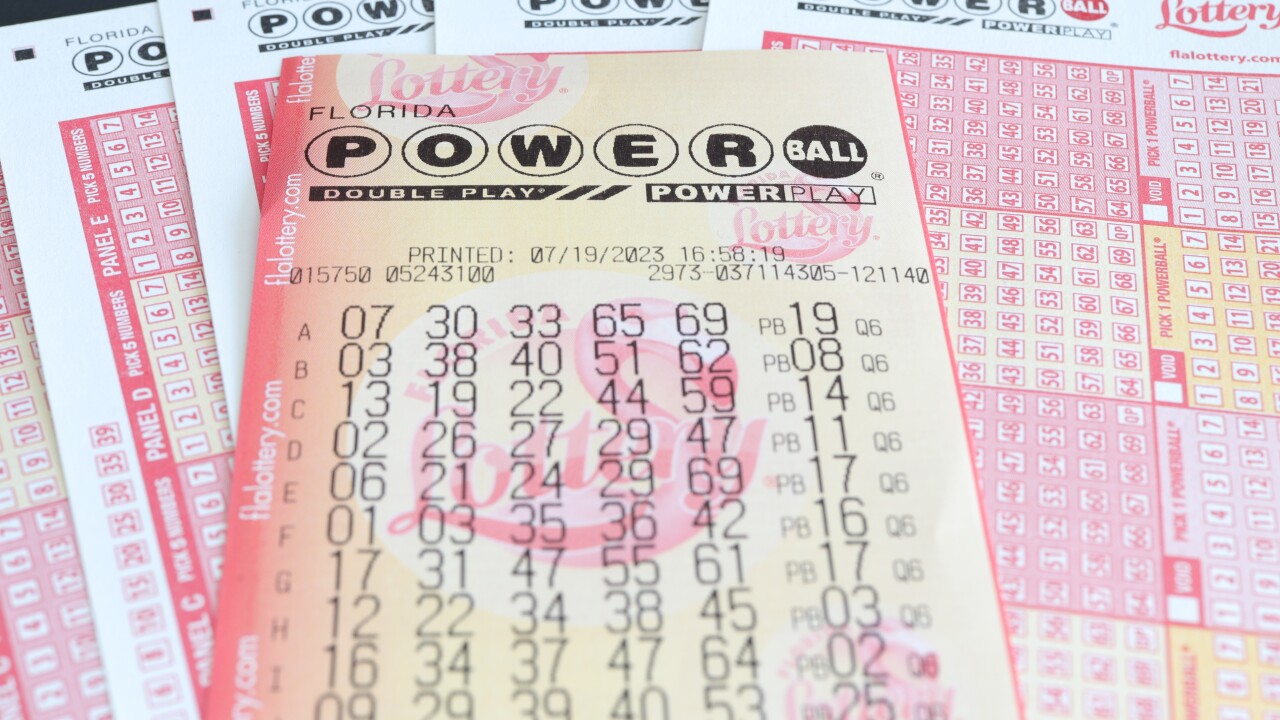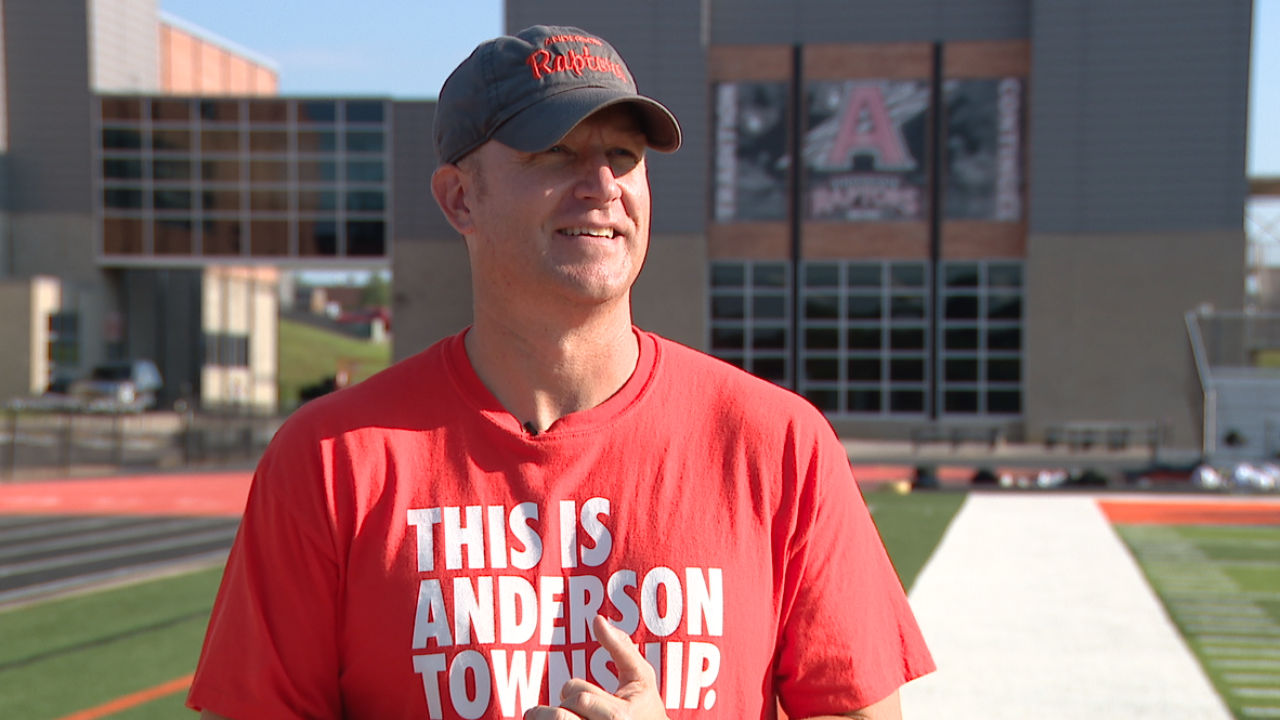After a jury found the music mogul guilty of two prostitution-related crimes, federal prosecutors are pleading with a federal judge to swiftly deny Sean Diddy Combs’ request to have a jury judgment overturned or to order a new trial.
In documents submitted just before midnight on Wednesday, prosecutors claimed that Combs organized lavish sex parties for two ex-girlfriends from 2008 to the previous year, employing male prostitutes who occasionally had to travel across state lines to partake.
The founder of Bad Boy Records was exonerated by a jury in July of charges of sex trafficking and racketeering conspiracy, which carried a mandatory jail sentence of 15 years to life in prison. However, it found him guilty of two lesser crimes under the Mann Act, which forbids prostitution-related interstate commerce.
Each Mann Act charge carries a potential 10-year prison sentence. Despite his attorneys’ claims that Combs should receive little to no further jail time for the convictions, Combs has been refused bail. According to the prosecution, he must spend several years in prison.
READ MORE | ‘Diddy’ denied bail following a mixed federal sex trafficking trial judgment
Since his arrest at a hotel in Manhattan in September, Combs has been housed in a federal prison in Brooklyn. The date of sentencing is October 3.
When Combs’ lawyers argued in a statement to the judge late last month that the Mann Act was excessively ambiguous and infringed upon his First Amendment and due process rights, prosecutors wrote that they were wrong.
Prosecutors claimed that there was overwhelming evidence of the defendant’s guilt on the Mann Act offenses.
They pointed out that Combs hired male prostitutes and arranged for their transportation across many states for what became known as freak-offs or hotel nights, which were multiday, drug-fueled sexual marathons that he had his women attend.
According to the prosecution, he subsequently threatened and pressured the women to continue attending the occasionally weekly or monthly sex sessions by showing them the video recordings he had made of the encounters.
Prosecutors said that there was sufficient evidence at trial to back up the jury’s verdicts.
They claimed that Combs orchestrated every facet of the sex encounters, paying escorts to travel across the nation to partake and controlling the intercourse between the men and his girls for his own erotic pleasure, occasionally participating himself.
Casandra R&B singer Cassie Ventura, who dated Combs from 2008 to 2018, said at the trial that Combs occasionally insisted on weekly sex dates with male escorts, leaving her too worn out to focus on her music career. According to her, she took part in hundreds of freak-offs.
When she dated Combs from 2021 to last September, a lady testifying under the pseudonym Jane claimed that she took part in hotel evenings. The events occasionally lasted several days and obliged her to have sex with male prostitutes, even when she wasn’t feeling well.
In order to control their behavior, Combs threatened to reveal films he made of the encounters, according to both women’s testimony.
He exerted significant control over Ventura and Jane’s lives during these partnerships. Prosecutors claimed that he specifically threatened and managed Ventura’s profession, managed her appearance, covered the majority of her living expenses, and took away tangible objects from her when she disobeyed him.
According to them, the defendant also gave Jane $10,000 in rent and threatened to cease if she didn’t comply with his demands.
Combs’ attorneys said that none of the factors typically utilized for Mann Act convictions—such as profiting from sex work or coercion—were present in their filing asking for acquittal or a new trial.
According to the attorneys, it is undeniable that he had no business interests and that everyone engaged was an adult. The males voluntarily made the decision to travel and participate in the activity. The ruling affirms that the ladies were not sexually abused, trafficked, exploited, or vulnerable.
The attorneys contended that, according to a suitably narrow interpretation of the statutory phrase, Combs did not qualify as prostitution because, at most, he paid to partake in voyeurism as part of a swingers lifestyle.






